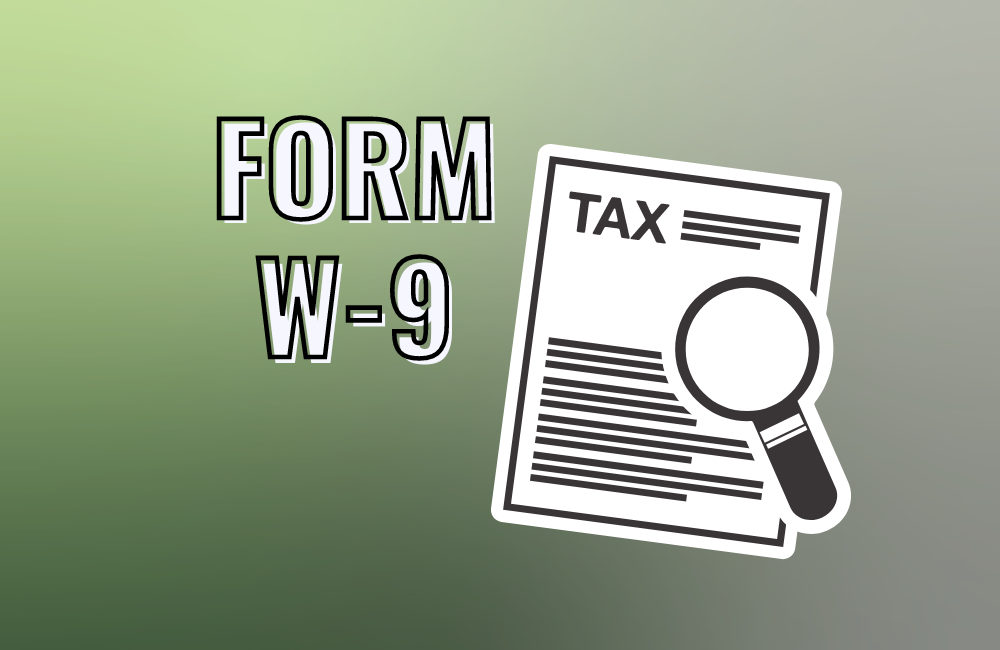Form W-9 for Real Estate Transactions

Federal Tax Form W-9 for 2023 in PDF
Get FormThe W-9 form plays an integral role in real estate transactions, particularly in tax reporting for property sales and rentals. Individuals and businesses involved in real estate often use this IRS form to report income and confirm taxpayer identification numbers. Understanding the intricacies of the W-9 form and its relation to Form 1099-S and reporting of gains or losses is crucial for navigating tax obligations effectively.
Understanding the W-9 Form in Real Estate
The W-9 form, or the Request for Taxpayer Identification Number and Certification, is commonly used in real estate transactions. When an individual or business sells a property, the buyer often sends a W-9 form, requesting the seller’s taxpayer identification number, such as Social Security Number or Employer Identification Number, along with certification that this information is accurate. Ignoring a W-9 request could result in the IRS penalizing the involved parties or withholding a portion of the transaction.
The Role of Form 1099-S
Form 1099-S, or the Proceeds from Real Estate Transactions form, is closely related to the W-9 form. After completing a real estate transaction, the person responsible for closing (often a real estate attorney or title company) provides this form to the IRS and the seller. This form reports the proceeds from the sale of real estate. The information in the W-9 form facilitates accurate preparation and filing of Form 1099-S.
Who Needs to Fill Out a W-9?
- Typically, landlords, real estate investment trusts, and property sellers must fill out a W-9 form.
- For landlords, this form is necessary if they use the services of independent contractors worth more than $600 in a financial year.
- In such situations, the landlord must issue a Form 1099-MISC to the contractor, and the information in the W-9 form helps to fill out this document.
Reporting Gains or Losses
Income from real estate sales must be reported to the IRS. If the transaction has a capital gain—meaning the property was sold for more than it was originally bought for—this should be recorded in the tax return. Conversely, if there’s a capital loss, this can be claimed as a tax deduction. The information gathered through the W-9 form is crucial for the accuracy of these records.
Understanding tax reporting for property sales and rentals can be complex, but the process can be more manageable with knowledge of tools like the W-9 form and the associated Form 1099-S. Fulfilling these forms when engaging in real estate transactions can save individuals and businesses from compliance issues.
